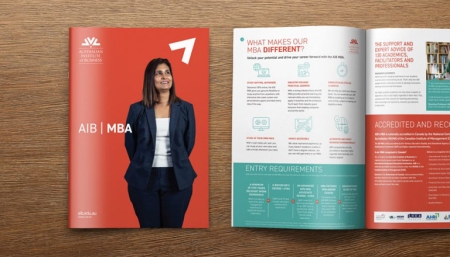5 tips for effectively contributing at meetings

No matter what type of business role you are in, attending and effectively contributing at meetings will be expected of you in the workplace. It is often difficult to speak up during meetings as you are at the risk of being judged – many find it easier to sit and agree with what is being discussed, as opposed to speaking their mind. As more businesses move to holding virtual meeting’s, managers have seen a rise in employee participation in some instances. With team members who normally wouldn’t speak up and add comments, feeling comfortable to interact online without judgement. On the other hand, leaders have seen team members switch off during online meetings, which is why employees must attempt to participate and remain present so that meetings run just as smoothly as before. The following five tips will point you in the right direction towards effectively contributing at meetings, and ensure that you leave a positive impression upon all who attended.
1. Be very prepared
Effectively contributing at meetings is all about knowing exactly what is being discussed, and articulating your views on the matter. If you are adequately prepared, you will have no trouble in sharing your ideas with confidence. Ensure you understand the purpose of the meeting, and how your knowledge impacts the end result.
2. Convey ideas simply, but with enthusiasm
It is important to convey your ideas in a way that all attendees will understand and be able to process. This is particularly prevalent in specialist areas where there is a lot of jargon and industry specific language. People also appreciate authenticity, so communicating your ideas with passion and enthusiasm will assist in increased attentiveness during the meeting.
3. Stay on topic and discuss the end result
Ultimately, no one wants to be in a meeting for the whole day, so keeping on track and discussing the end result is important throughout all discussions. During the meeting, remind yourself and your colleagues of the reasons why you are together in the first place, so that time is not wasted discussing unnecessary topics. Focussing on what you would like to achieve will result in more meaningful contributions, and everyone’s time being well spent.
4. Don’t be afraid to highlight issues
Many people find it easier to agree with the majority in meetings, rather than highlighting the issues and working through them as a group. Although it can be daunting, the meeting room is the first place where issues should be discussed, and you should not hold back if you are able to identify any. Effectively contributing at meetings doesn’t just involve positive contributions; those who are able to highlight problems and use the meeting as a means of addressing them will be looked upon favourably. It demonstrates that you are able to think strategically, ‘out of the box’, and shows your commitment to the end result.
5. Ask questions
Actively participating by asking questions shows that you are interested in the discussion which is taking place. Trying to ask ‘open questions’ which encourage debate are important in generating new ideas and stimulating the discussion. Questions allow you to clarify the position of others, improve your understanding, as well as demonstrate your interest in getting to the bottom of the problem.
What do you think?
Can you add any tips to the list that can help readers in effectively contributing at meetings? We all have our own approach, so I would love to hear how you tackle it in the workplace. Please feel free to share any comments below.
This article was written by Laura Hutton on behalf of the Australian Institute of Business. All opinions are that of the writer and do not necessarily reflect the opinion of AIB.






